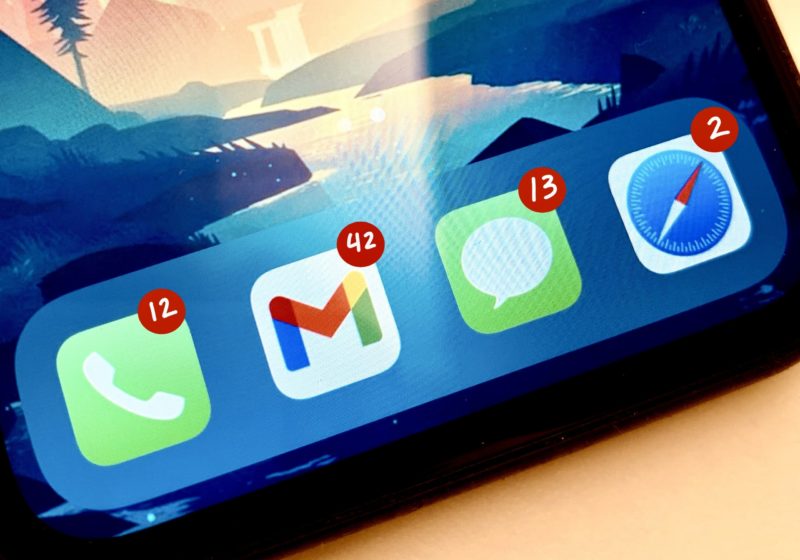There are two types of people in this world: those who clear their emails as soon as they get them, and those who have 2,158 unopened in their inbox. And whichever type you are, you surely know someone who is the complete opposite.
Instant communication is, like many things in life, both a blessing and a curse. A quick text can be a lifesaver when you get locked out of your building, yet we all know the excruciating pain of waking up to yet another Dr. ChatBot email (I mean, seriously, I thought we were done with that thing. Let it die). Digital clutter only seems to get harder and harder to avoid, especially as nearly everything has gained a virtual platform in response to the pandemic. So, should we let entropy win and allow our inboxes to explode with spam emails, or is it better to remain constantly vigilant over our digital spaces, always organizing and reorganizing?
Well, it’s a trick question. The answer is a frustrating “neither.”
As someone in the “keep track of every single email” camp, the constant influx of emails I receive is a daily problem. Checking emails as soon as I see them and filing them away has become such a habit that even on breaks or weekends, I am constantly at the mercy of my inbox. The red circle in the corner of my Gmail app is truly my worst enemy. I’ve practically Pavloved myself into panic-mode at the sight of a high number in my inbox, because any unread email signifies a potential addition to my to-do list. This level of hyper-vigilance causes more stress than it’s worth. Unfortunately, it’s also not a wholly uncommon struggle in a modern world that relies so heavily on digital communication, nor is it completely invalid as a technique to stay organized. It’s good to keep up with your notifications, but there’s a fine line between being on top of your emails and being swallowed by them.
On the other hand, not tending to your endless emails, texts, and voicemails means that things can get lost pretty easily. It’s hard to find your assignment deadlines between unopened order confirmations and college promotions that haven’t quite gotten the memo that you’re already in school. Some people can manage it — props to you, my brain is too scattered for that — but in the end, something is bound to get buried in there. The effort it takes to find emails becomes unnecessarily higher when you let your inbox run free, even if you are saving yourself the initial organization time.
The solution to either end of this spectrum isn’t exactly clean-cut. It really depends on you and the way your brain works best. But when it comes down to it, the answer is (rather inconveniently) one of the hardest things to establish and maintain in a consistently chaotic, shifting physical and digital world — balance. If you have a perfect relationship with your digital clutter, then good on you. But for the other 99% of us, it’s important to depart from the extremes we may have settled too closely to and experiment with a healthier way to interact with our inboxes.
If you’re an organization fiend, your perfect solution might be keeping up with your emails but turning off your notifications during certain hours and on breaks. If you normally let your emails run wild, try to set aside a time each week to organize your emails and get set up for the week ahead. Like I said, it all depends on how your brain operates best, so some experimentation is probably necessary. But when it’s your digital sanity on the line, that effort is certainly worth it.
We all have plenty of chaos and clutter in our lives as it is. It certainly wouldn’t hurt to let go of a bit of that digital stress, even if it takes some work to figure out what that means for each one of us. Remember, technology is a blessing and it’s a curse. Take some time to alleviate the effects of that curse, and I promise you that your brain will thank you for it.






